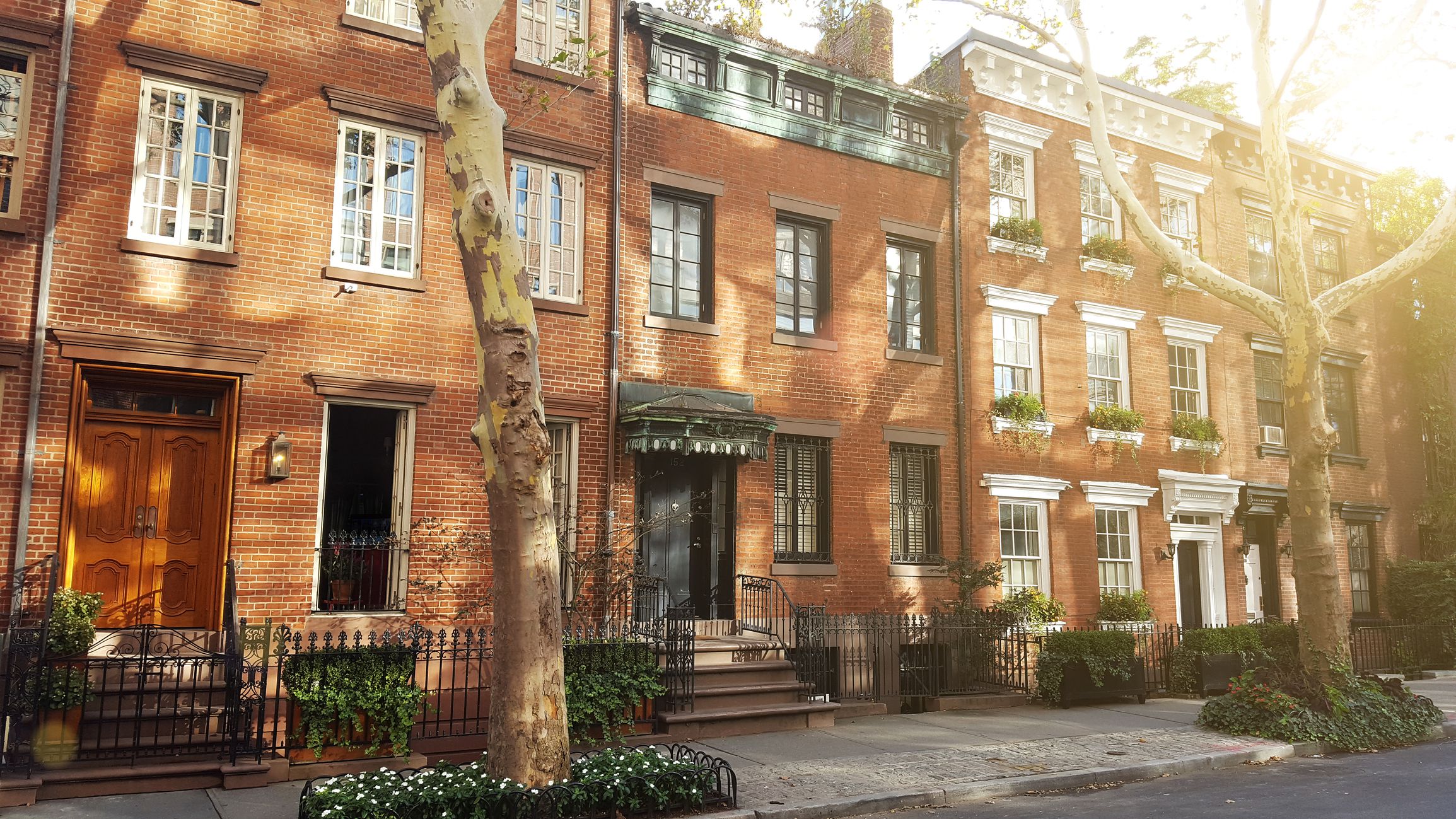
What is property development?
A society flourishes thanks to investments, and the biggest form of such goes into property/real estate development. When entering developed cities, what do you see, tall and huge buildings everywhere right. Hugely because property/real estate developments like those tall office buildings and malls are possible thanks to investment from people who know the potential of property development. Property development doesn’t include only tall office buildings and shopping malls, but also apartment complexes, housings, restaurants, and anything at all dealing with building constructions. Especially in a developing country such as Cambodia, real estate development is booming and everyone wants in when they hear property development investments. So, the question is “What do you gain from property development?”.
As have said, Cambodia’s booming in the real estate department has for the past few years and is still ongoing. Thus, you could say so by just traveling around Phnom Penh City and seeing many apartment complexes, condos, shopping malls, office buildings, and other housing options being in construction non-stop. Also, there are those old buildings that are being renovated to give it a new look and cool theme, those count into property development as well. One after one keeps raising up and is the reason why Cambodia is called a developing country. Being called that stirs up a load of investors who knows that developing countries as such, are a great place to invest. And what is the best sort of financial gain, real estate development?
Whilst property development is widely popular and ongoing so much right now not just in Cambodia but in many countries around the world, one needs to understand what the pros and cons of property/real estate development are
Pros
High ROI (return on investment) – Real estate developments have the greatest advantage and that is its potential to give back more. Although the return is high, it takes quite a long time. Thus, investment in property development is appreciated more long-term, but short-term works too, you just won’t gain as much. For example, your investment is of a certain amount, but in the next three years, it might be twice or triple that amount, so if you sell it and earn twice/thrice the amount you paid for.
Speed of real estate sales – The high returns above spoke more from the perspective of the buyer of the property development. On the other hand, as a property developer, the speed at which the property gets sold is very important. From the time the project starts to the final date, the property developers should have every unit sold, speaking as an apartment, condo, or office complex. That is because, if they take too much time in selling all their units, the cost would be more, plus they could do with the help of money to inject more capital during the developing process.
Value sustainability – Once stated already as the above, real estate development is the most consistent when it comes to their values. By that, it means real estate value won’t go down. Despite the recession in the economy, inflation, or any other market changes, property development might remain stable but it won’t depreciate and remains high in value over time.
Cons
Liquidity Problems – Essentially, this means that once you invest in property development, don’t expect to sell it then and there whenever you feel like it. Or whenever you need money in a hurry, because it takes time to liquid it (turns asset into cash).
Unforeseen or Unidentified drawbacks – Usually this phase happens if one is associated with the property developing process itself. There are costs that would slowly come creeping in from nowhere and isn’t in the budget in the first place, so be vary of that. You might end up spending more than you actually gain. Also, when this occurs sometimes it would cause a delay in the project completion, and guess what, costs again would increase.
Maintenance – No one stresses this enough, but owning a property/real estate would be all fun and games until you want to sell it but it won’t be bought that fast, so you have to keep it in top condition until then. The same goes for rental, tenants might destroy things before they leave and you are expected to clean up after that and replace it. Property development owners/investors should understand this part more than those who are just the developers.
What it involves?
After discovering strengths and faults property development possesses, let’s go into a bit of detail to see what does real estate development involves. The simplest answer to that is, property/real estate development involves buying a property/real estate to either sell or rent out. Plus, it also involves the purchasing of old and outdated property that you later could renovate, furnish, or décor, so it’s more welcoming and warming. Hence, you attract buyers and tenants even more, especially when you know what is trendy and what the market wants nowadays, property-wise.
Risks
Moving onwards from what good and bad property development hold and what it involves, you should also comprehend its risk. What do you need to know before getting into property development? To be honest, the biggest risk of this all is financial loss itself. Hiring contractors that are trustworthy and won’t try to squeeze every cent out of you is extremely hard just thinking about it. The risk of finding investors, renting out, selling, etc. All of these are heavy on finance, so unless you are extremely well off, with money left to spare even after the construction of your property of yours or renovation of an old building, then it’s not worth the risk. Therefore, one should think wisely and budget nicely, for investment in property development is very risky. On that note, the higher the risk, the greater the return as well. So, it’s solely your choice.
Extra expenses:
Last thing you need to figure out, the cost and extra expenses of property development. Initially, spending to get an architect to draw and have a blueprint made of your building, then engineers and contractors to build, is the primary expense of property development. But there are extra expenses such as agents, salesman, marketing and furnishing. Plus, for the property you want to renovate, the extra cost would be hiring contractors, structural survey, agents, repair, and maintenance as well. On that note, legal expenses should also be kept in mind, for it fluctuate accordingly.
Finally, to wrap things up neatly, property development is and involves buying and selling property as well as renovations for the older ones, to drive up a good bargain. The pros are high return on investment, appreciations in value, and sustainability plus stability. On the opposite side, there are cons, such as takes time to liquidate to cash, unforeseen drawbacks, and maintenance. Not to mention, the risk of being financially in debt plus the extra expenses due to uncertain things and legal paper works. On a positive note though, real estate/property development is a booming sector in Cambodia as well as everywhere around the world. Thus, if you are financially stable and have quite some dough left to spare, investing in property development would be an amazing way to earn extra income.




